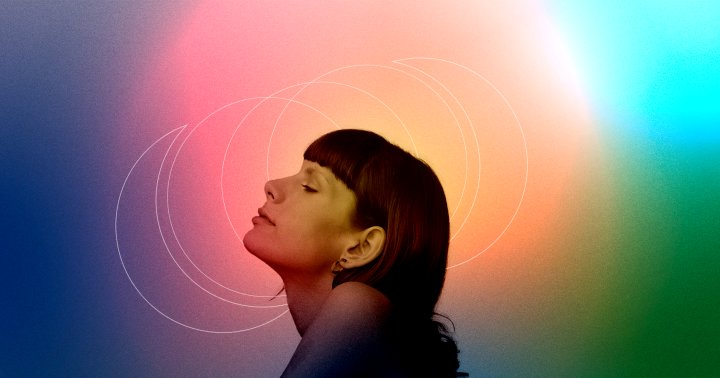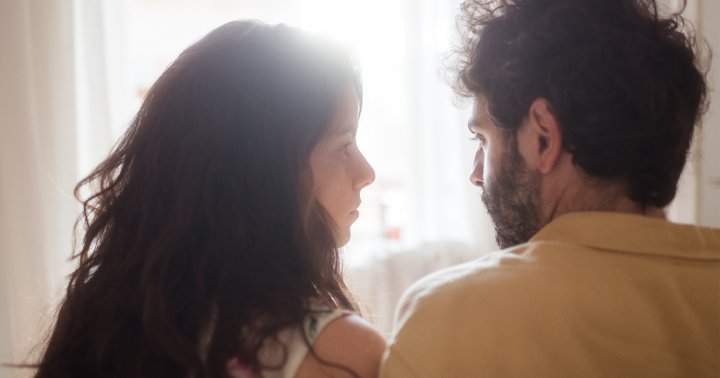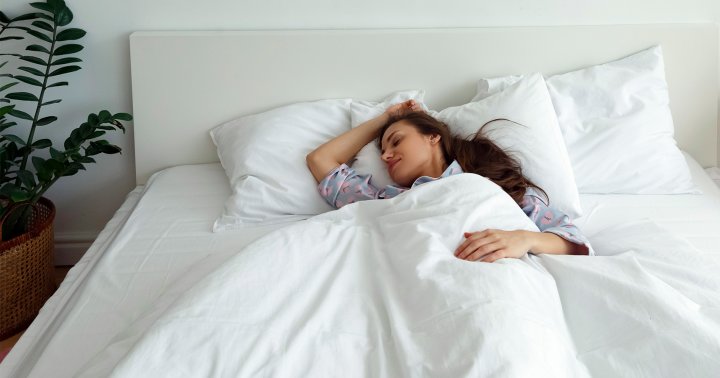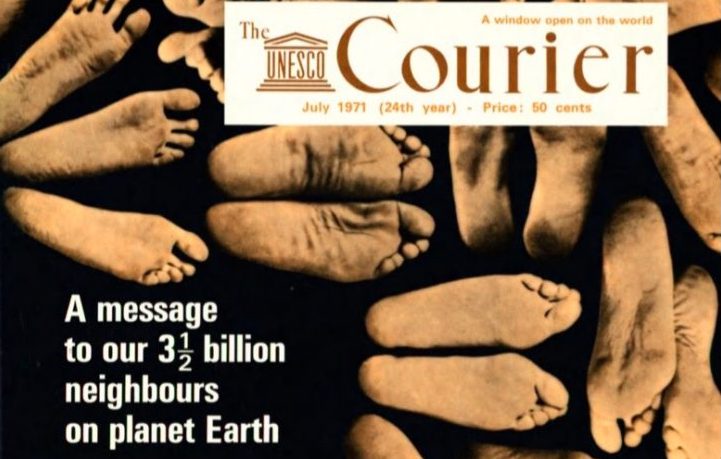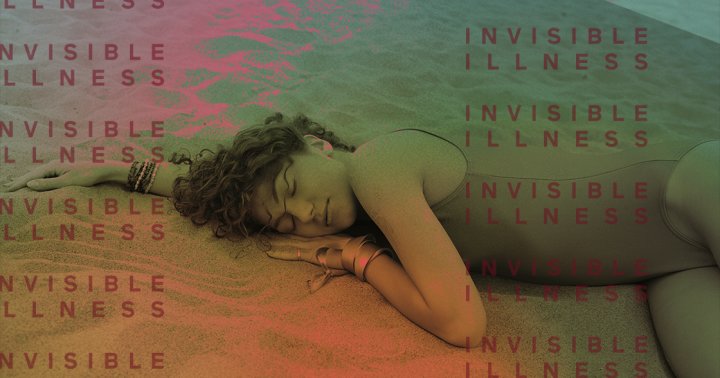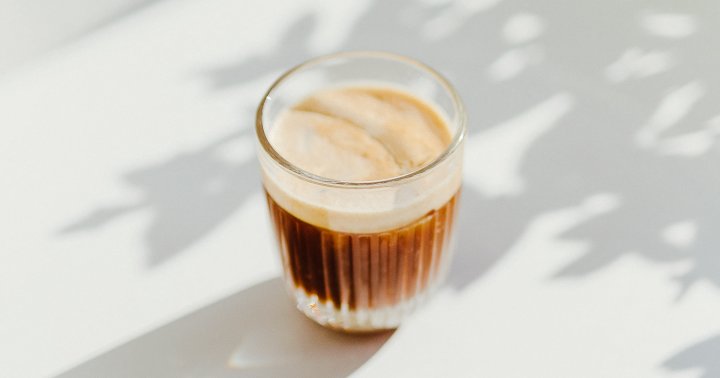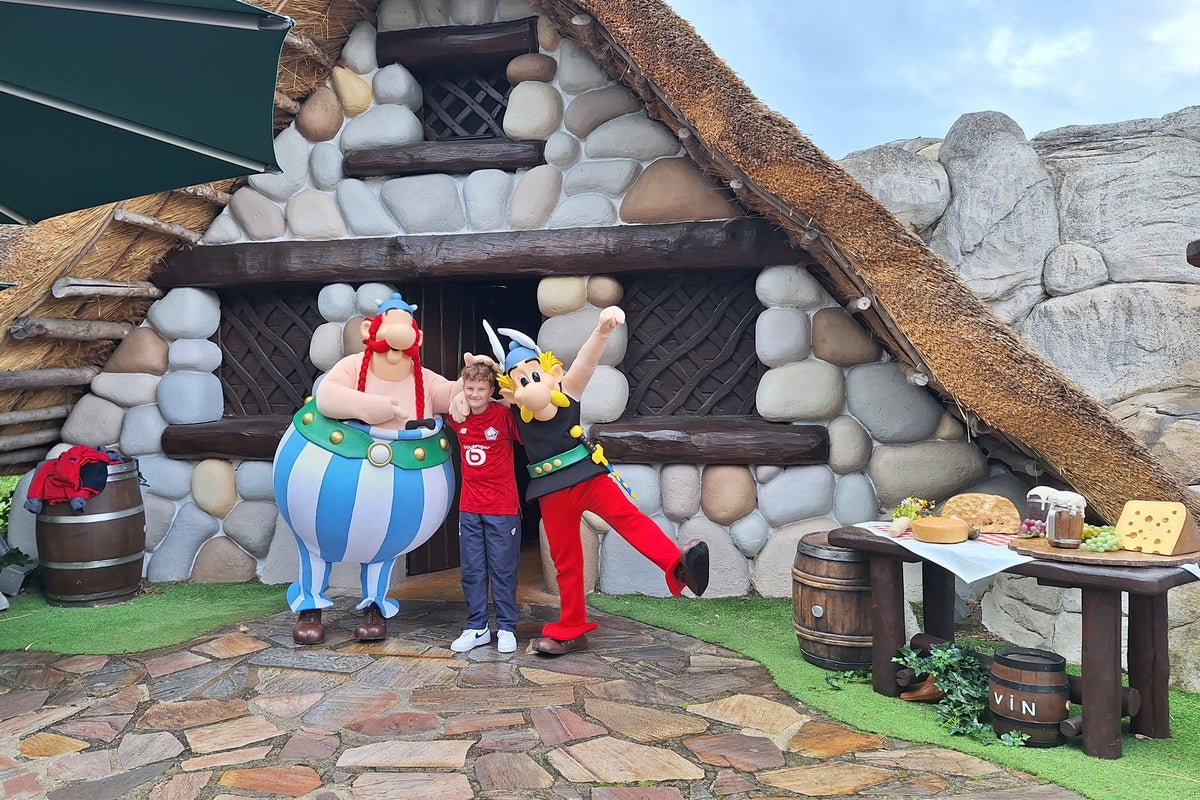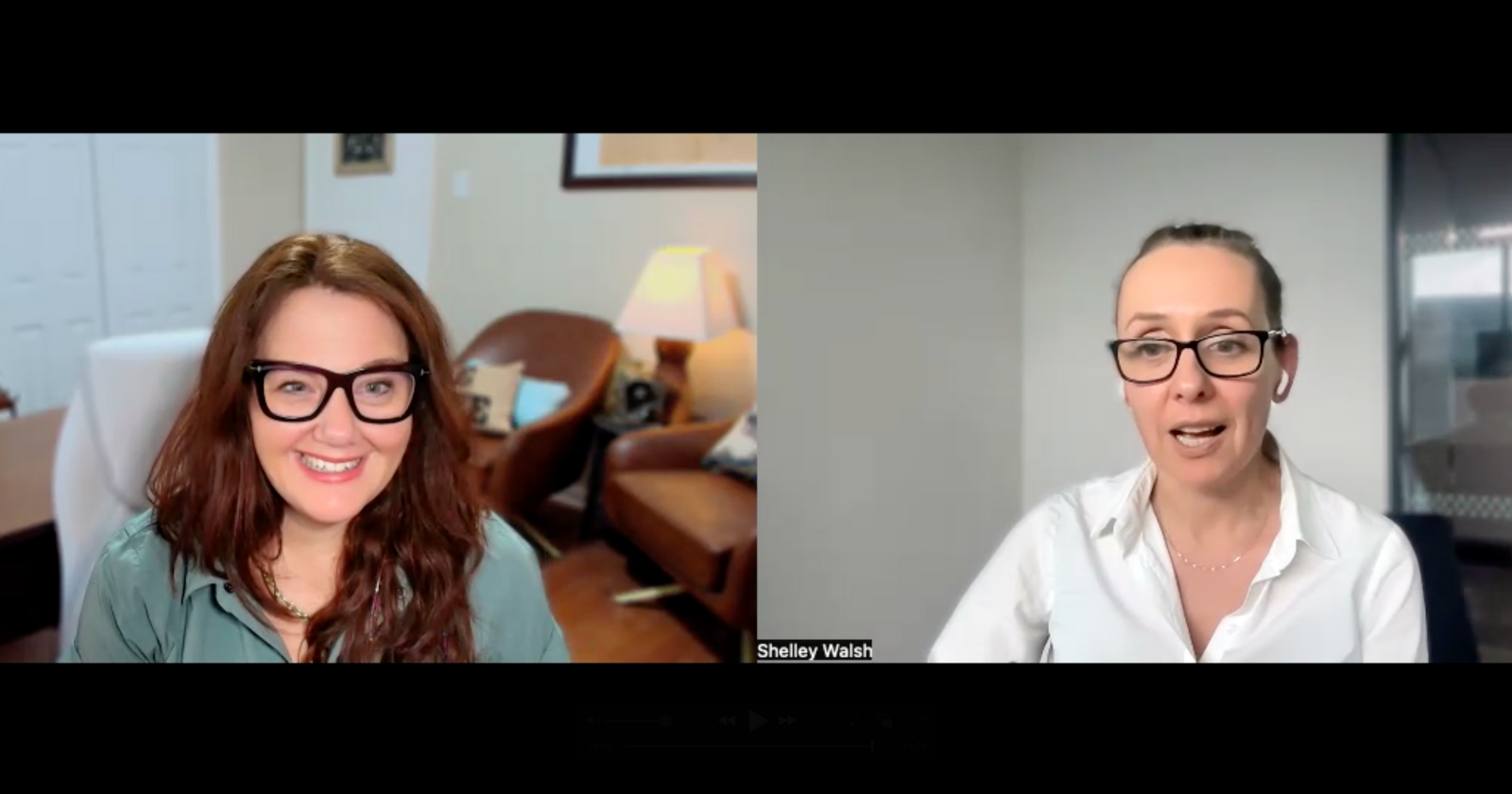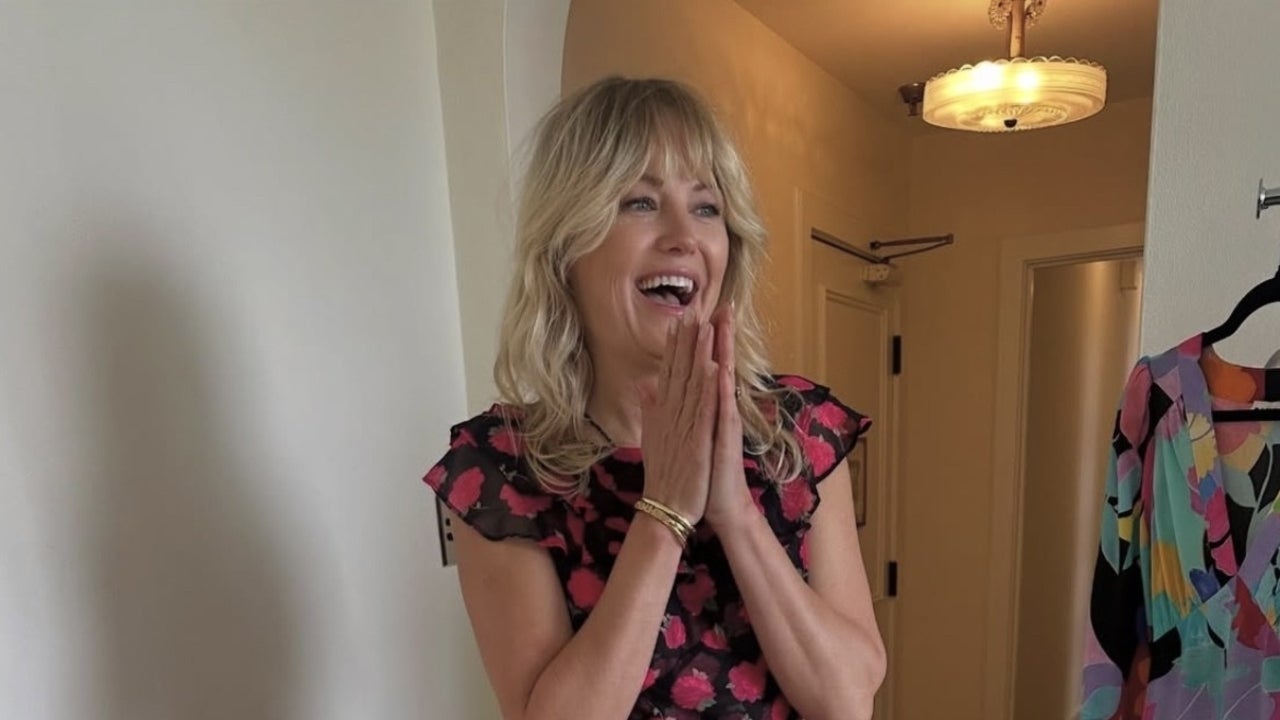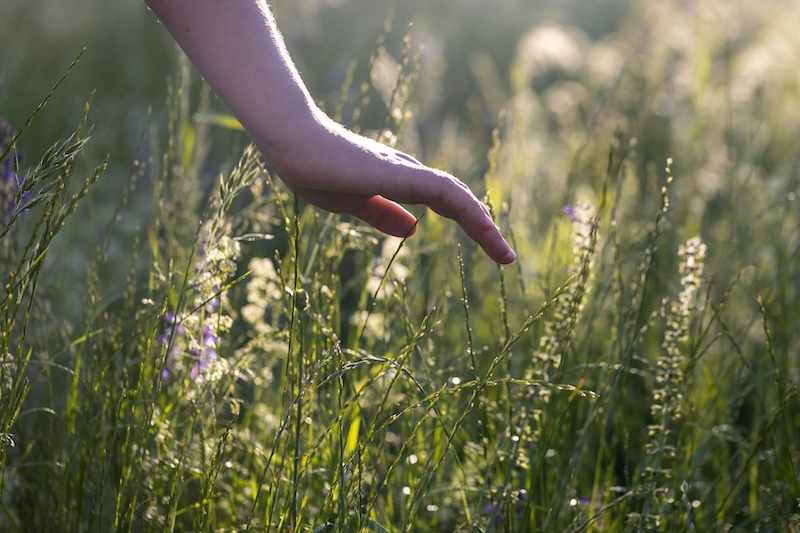Seven Signs Minimalism is for You
Ever since adopting a minimalist lifestyle five years ago, I frequently have what I call “minimalism is for you” moments. They resemble “ah-ha” moments and solidify (although I don’t need anymore convincing) that a life with less stuff is...
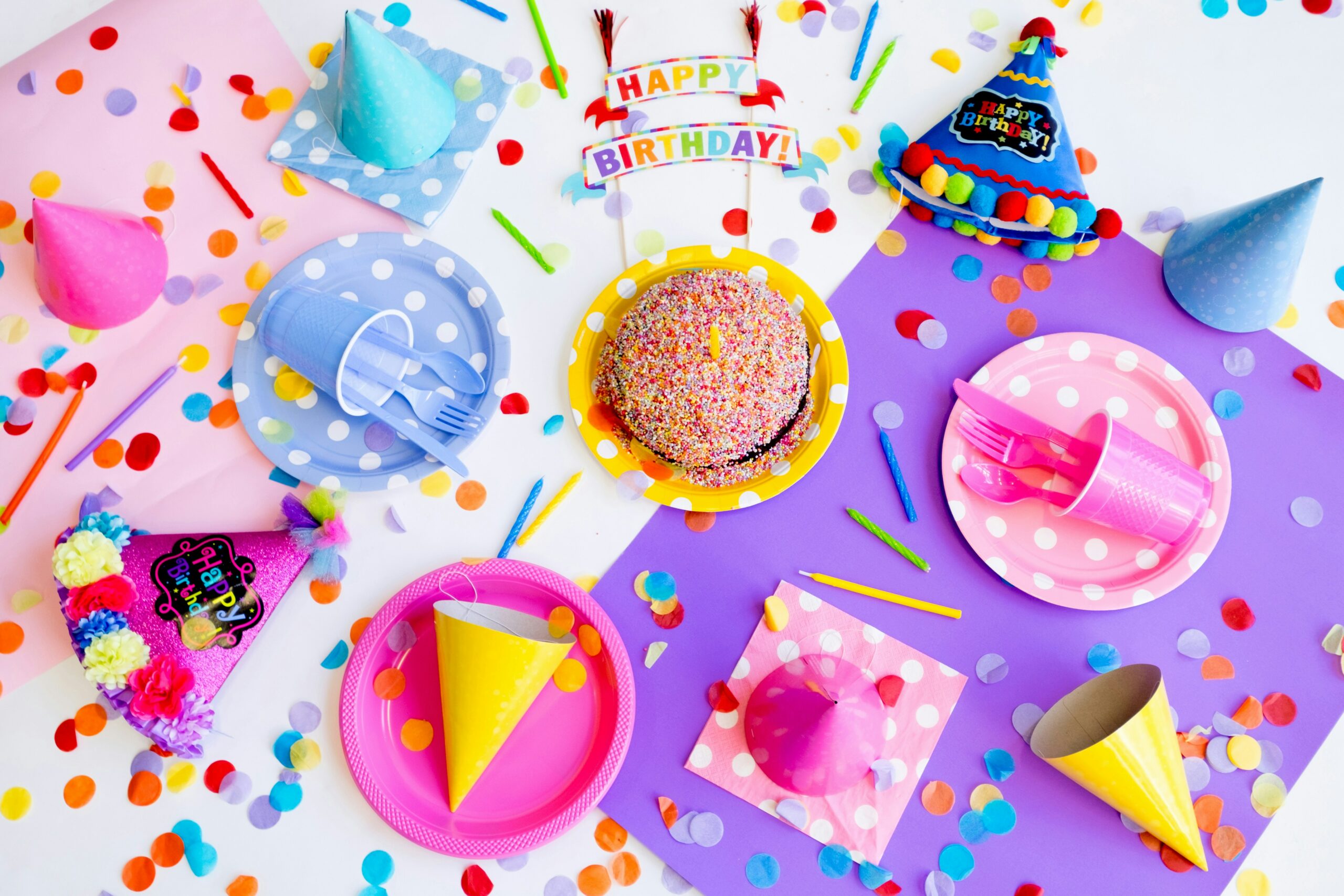
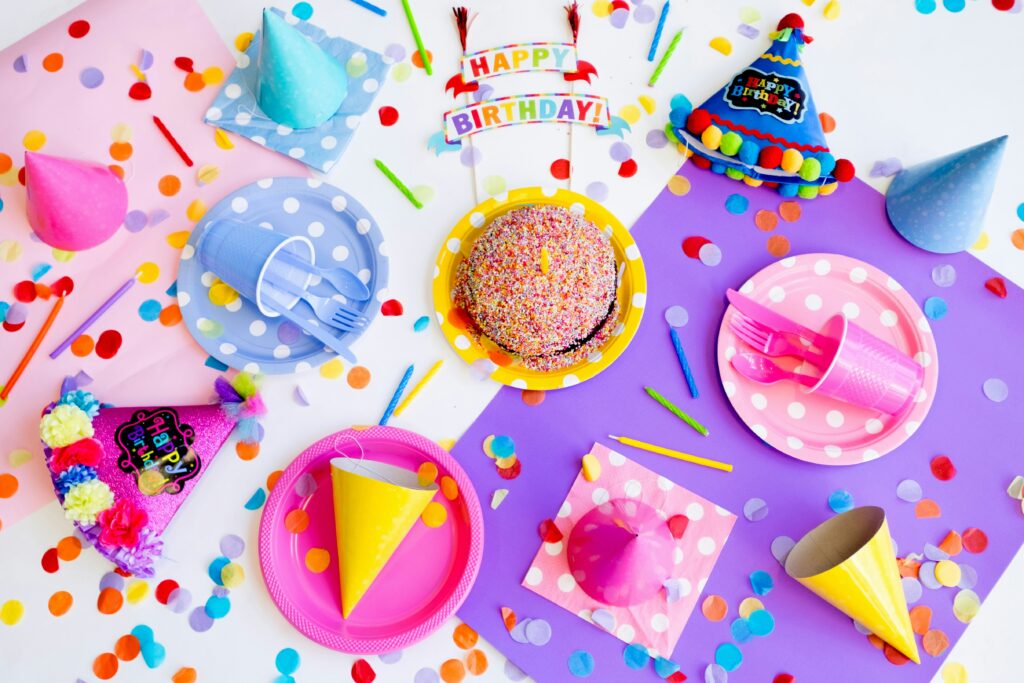
Ever since adopting a minimalist lifestyle five years ago, I frequently have what I call “minimalism is for you” moments.
They resemble “ah-ha” moments and solidify (although I don’t need anymore convincing) that a life with less stuff is for me.
Two stand out recently…
“Minimalism is for you” came to mind on our daughter’s 10th birthday—the day after Christmas. Before minimalism, Dec. 26th was accompanied by angst and overwhelm as this day of receiving birthday stuff compounded on the previous day’s avalanche of Christmas stuff. Amassing possessions no longer defines the holidays or our daughter’s birthday. I no longer wallow in stuff-induced chaos and feelings of wanting to avoid the “most wonderful time of year.” Thanks to minimalism.
“Minimalism is for you” resurfaces when sub-zero highs keep us inside for consecutive days, like last week (it’s still -3 outside as I write this). While I love being outside, our home is also now a place I love. With less stuff, home feels like a good place to be. I no longer feel stuck in “I need to escape my life mode” while snowed in. Thanks to minimalism.
“Minimalism is for you” comes to mind daily. When our dishes system helps me keep the kitchen sink clear, when the laundry load isn’t overwhelming, when I can listen to enticing advertisements unfazed, when my days are built around what and who matters.
While minimalism looks different for everyone, studies show the universal benefits of living with less stuff can include: spiritual and personal growth, reduced stress, and improved financial health (Hausen, 2019). Another study reported a minimalist lifestyle leads to a more purposeful and happy life (Kang et al., 2021).
I can attest to every benefit above. But I wouldn’t have known how life-changing minimalism can be until I lived it.
Which leads me to this question… What about you? How can you know if a minimalist lifestyle is for you?
Here are 7 signs that minimalism is for you in 2024:
1. You’re in debt
Minimalism is for you if you’re in debt. America’s cultural milieu places money—and pretending to have money by maxing out three-inch plastic rectangles—on a pedestal. If you’re in debt, you’re not alone. According to a recent YouGov survey: 70 percent of U.S. adults are indebted, including 78 percent of Gen Xers, 74 percent of Baby Boomers, 70 percent of Millennials, and 44 percent of Gen Zers. As of January 2023, 60% of United States adults, including more than four in 10 high-income consumers, live paycheck to paycheck.
Consumer debt is a real problem, one that minimalism can help you resolve. Minimalism allowed me to pay off $40,000 in credit card debt in two years. The premise is simple: when you realize you need less to be happy, you spend less and save more.
2. You’re jaded by the status quo
Minimalism is for you if you’ve realized our society’s values are skewed. You’ve tried one-upping the Joneses, only to find yourself left with lots of stuff and not a lot of happiness.
As Richard Foster said in his book, Celebration of Discipline: “We really must understand that the lust for affluence in contemporary society is psychotic. It is psychotic because it has completely lost touch with reality. We crave things we neither need nor enjoy. We buy things we do not want, to impress people we do not like. …It is time to awaken to the fact that conformity to a sick society is to be sick.”
Are you ready to live contrary to a “sick society?” That’s a clear sign minimalism is for you.
3. Minimalism is for you if you’re overwhelmed at home
Minimalism is for you if your home environment feels heavy and overwhelming instead of light and manageable. A home with fewer possessions takes less time, energy and attention to care for. Less stuff truly means less stress. In the words of Peter Walsh, “Your home is within your control. It should be the place where you escape all negative forces in the world. Your home should be the antidote to stress, not the cause of it.” Minimalism is for you if you’re ready for the overwhelm to lift.
4. Your soul feels stifled
Minimalism is for you if you’re going through life with a stifled soul. You rarely feel wonder, gratitude requires maximum effort, and your soul feels anesthetized by clutter. Clearing clutter, detaching from possessions, shifting your focus from earthly treasures to intangible ones (a relationship with God), awakens your soul.
Decluttering your life changes more than just the way your home looks and feels. It makes space for your soul to wake up and discover that your happiness never was found in all that excess stuff.
5. You realize consumerism isn’t all it’s cracked up to be
Minimalism is for you if you’re onto the games that accompany consumerism. Ever heard of planned obsolescence? It’s when possessions are made to become quickly outdated or unusable so you’ll need to buy more. Many products are designed to elicit your repeat purchases (think iPhones, fashion trends, or new cars).
Growing up exposed to this mindset fosters psychological obsolescence—your baseline mindset is to think you need something new; it’s what you’ve been told your whole life.
If you’re waking up to the fact that the reason you “need” more is usually cultural programming, not an actual need; if you’re over marketer’s mind games, then minimalism is for you.
6. You waste time and energy looking for stuff or constantly cleaning
If you waste time and energy searching for lost stuff or feel like you’re constantly cleaning, then minimalism is for you.
Time is our most valuable commodity—we can’t earn more of it, we can only choose how we spend it.
One study reports that the average person spends 2.5 days a year looking for lost items, and 33% of lost items are never recovered. The average American also spends nearly 300 hours (12.5 days) a year cleaning their home. Less stuff means a “home” for everything within your home and less to clean (and less pre-cleaning work… a.k.a. moving random stuff).
Minimalism is for you if you want to use your time with increased intention.
7. Minimalism is for you if you feel called to a more meaningful life
If your life feels defined by distraction or lacks meaningful pursuits, then minimalism is for you. If you took inventory of what truly matters in your life, I’m guessing your possessions didn’t top the list. The question, then, becomes, which “listed items” are you filling your life with—the nonessential things or the things that matter? The latter are likely moments that make you come alive, relationships, hobbies, prayer, meaningful work, and serving others… not more stuff. When what you fill your life with aligns with what matters, life becomes more meaningful. Minimalism is for you if you’re feeling an inner nudge to pursue a more purpose-filled life.
In conclusion
Take a minute to reflect on the seven points above. If one or more clearly resonated, you need not look any further: minimalism is for you.
Your version of minimalism will look different than mine, and it should. Regardless of whether you live in a home with your family of six or live a nomadic life carrying your belongings on your back, making minimalism “for you” will free you to enjoy your one life more deeply and pursue what matters.
It may take a leap of faith, but once you realize minimalism is for you, don’t look back. Instead, make this the year you take a bold step in a countercultural, life-giving direction.
***
About the Author: Julia Ubbenga is a freelance journalist and mom of four who documents her family’s journey into minimalism on her blog Rich in What Matters. Her teachings on simplicity and intentional living help others live more meaningful lives with less stuff.

 Aliver
Aliver 







